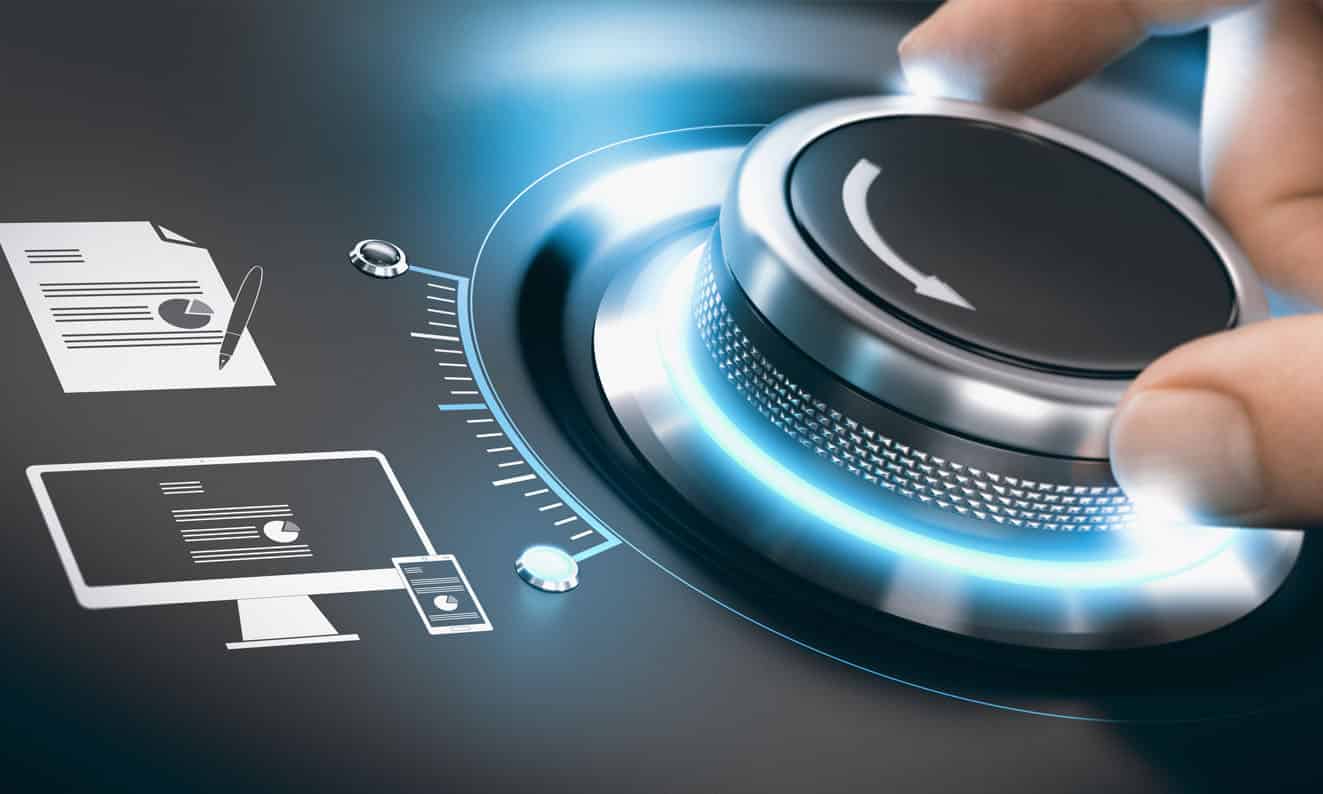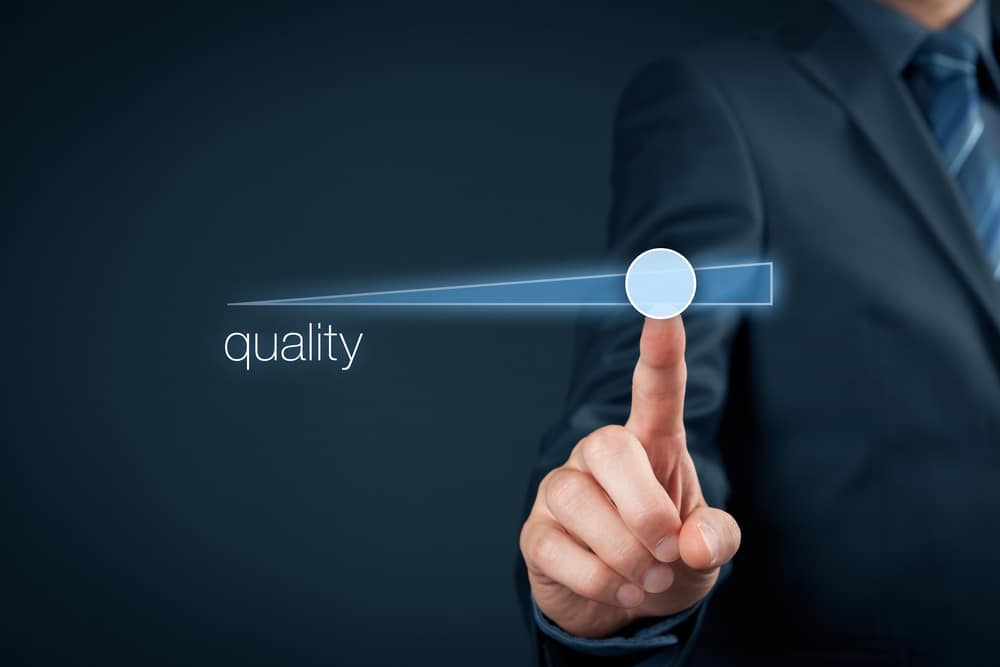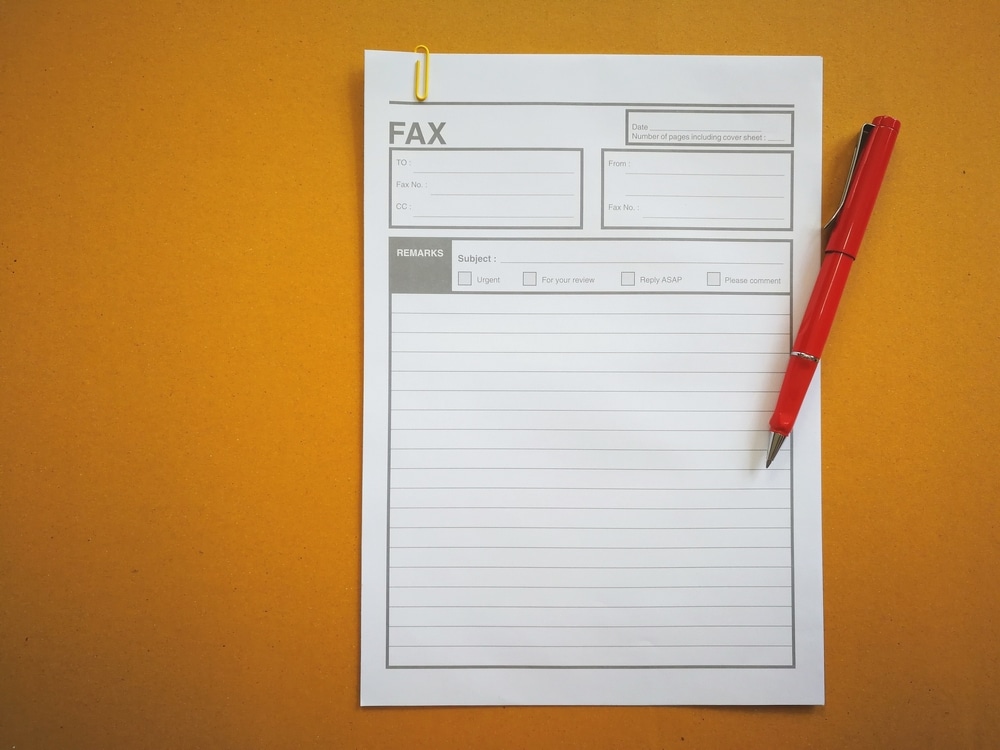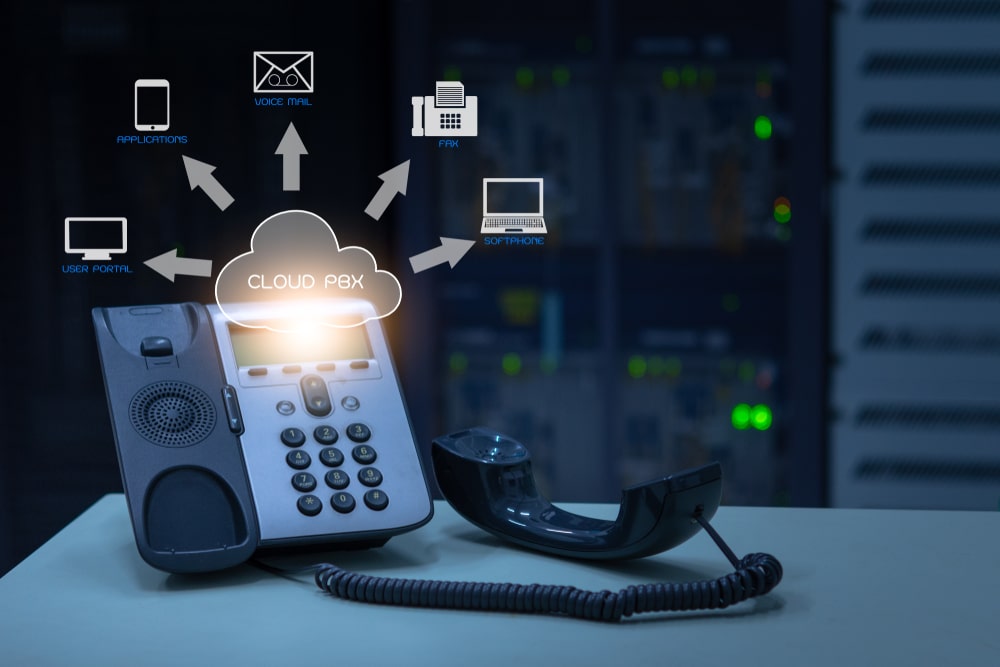Customers & Business
Are Faxes Encrypted? Understanding Encryption in Fax Transmissions
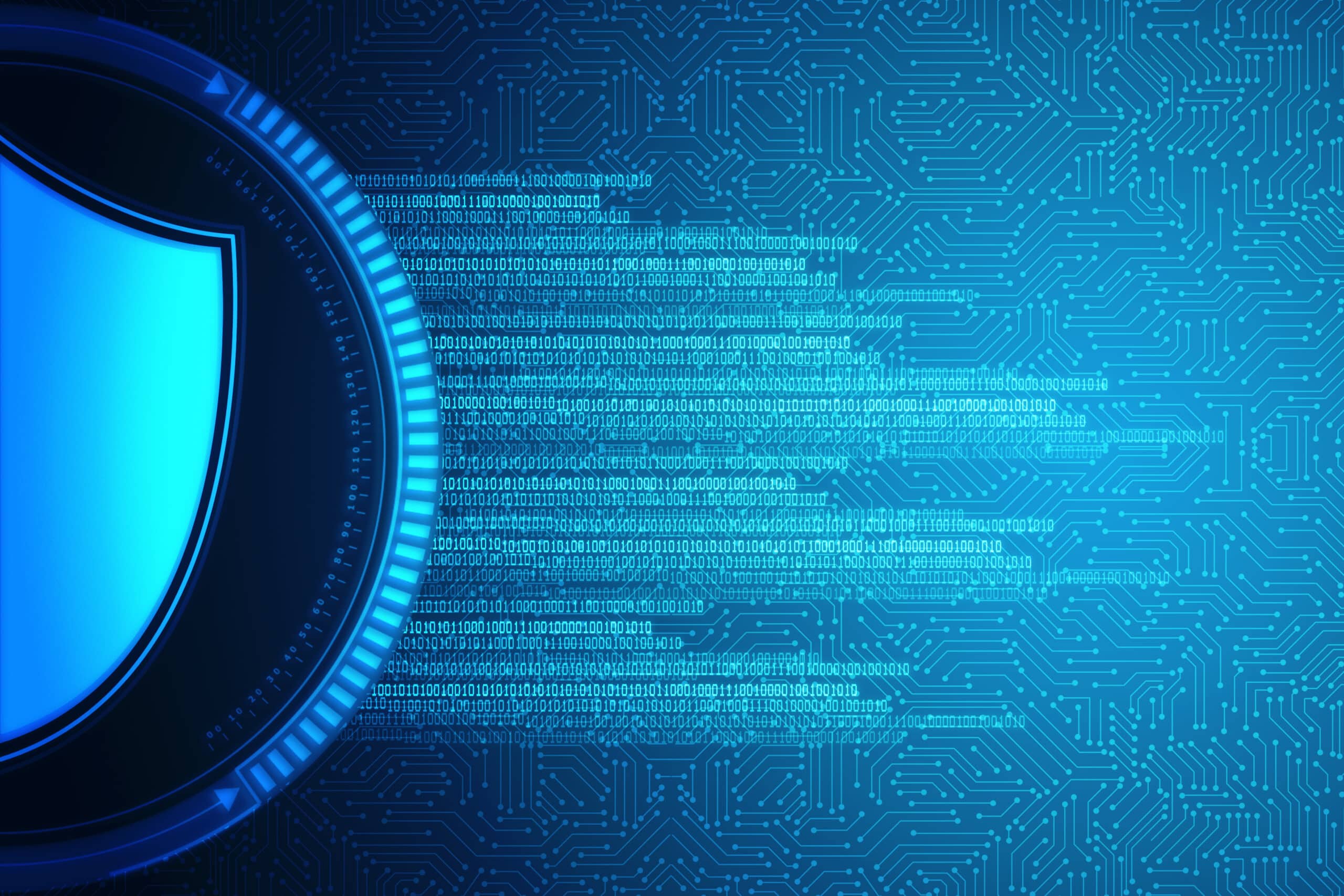
In today’s connected world, there are more methods of communication at our fingertips than ever before. But from physical fax machines to convenient online faxing services, faxing still plays a powerful role.
As online security concerns continue to grow, more people have questions about the security of those faxes, both traditional and digital. For example, are faxes encrypted?
The short answer is yes, they can be encrypted. The level of security and encryption depends on the type of faxing, as well as the service provider you choose.
Let’s explore the level of security you can expect from both traditional and online faxing, as well as the types of encryption that empower businesses to secure their communications.
What Is Encryption in Fax Transmission?
Fax encryption is the process of transforming data into an unreadable format so that it can be decoded and read only by the authorized recipient.
With traditional faxing, messages are decoded into audio signals, which are then picked up by the receiving fax machine. Online faxing sends those messages via email instead.
Online fax encryption technology effectively scrambles the electronic messages, making them harder to intercept or steal. If an unauthorized third party were to attempt to access sensitive data like bank information or Social Security numbers, they wouldn’t be able to decode that information without a data encryption key.
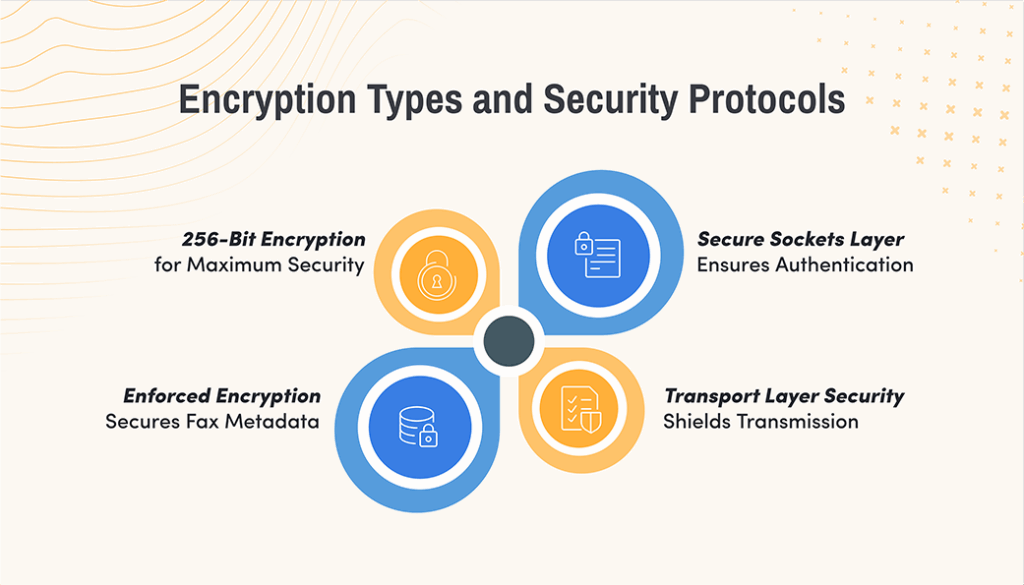
The Role of Encryption in Fax Security
Many businesses assume that faxing is always a secure way of sending sensitive documents and other important information. After all, it’s disconnected from the internet — making it safe from the digital attacks that are so common with communication methods like email.
However, physical fax machines aren’t necessarily safe from interception. While it’s harder to intercept a traditional fax than an email, it still isn’t completely secure. Fax machines transmit messages via phone lines, which aren’t encrypted.
If an online fax service doesn’t employ encryption, it’s open to the same vulnerabilities. A fax could be intercepted, leading to data loss, privacy breaches, and noncompliance with security regulations.
That’s why encryption is such a critical part of fax security. Digital faxing allows internet fax service providers to incorporate additional security measures, like encryption, to ensure the safety of fax communications.
Types of Encryption Used in Faxing
The security of online faxes depends largely on the service provider. Different electronic fax services employ different forms of encryption, each with its own level of security.
Here are the types of encryption and security protocols you might find on the digital fax market.
256-Bit Encryption
Premium online fax services use the 256-bit Advanced Encryption Standard (AES) for fax transmission, which is a step up from the commonly used 128-bit encryption. With a larger key size, it offers greater protection against brute-force cyber attacks and malicious software.
With 256-bit encryption, only you, the recipient, and the provider’s server have access to your confidential documents during transmission. Once the fax is received, just you and your recipient will have access.
Secure Sockets Layer
In addition to encryption, a secure online fax service should also use Secure Sockets Layer (SSL). This security protocol requires both the sending and receiving parties to be authenticated, or verified as authorized parties.
This provides an additional layer of security. While data encryption is what protects the transmission as it goes from one person to the next, SSL ensures that it remains secure at the start and end points as well.
Transport Layer Security
Transport Layer Security (TLS) is the best option for organizations that handle highly confidential information. Essentially, TLS creates the digital equivalent of a shield around your transmission, guiding it through a secure channel from your account to the recipient’s account.
This advanced form of encryption creates the most secure communications network possible, which is crucial for remaining compliant with regulations in the legal, finance, and medical industries. With some of the strongest encryption available on the market today, TLS encryption is strongly recommended for HIPAA-compliant faxing.
Enforced Encryption
While both AES and TLS encryption can help secure the data you send, what happens if the recipient’s fax or mail provider doesn’t encrypt its data? This can lead to gaps in your security protocols. While your fax provider’s encryption will ensure that the contents of the document remain encrypted, the fax’s metadata could still end up in your recipient’s inbox unencrypted. This can still include sensitive information like your business’s name, the sender’s name, the recipient’s name, the subject line, addresses, fax numbers, and more.
If keeping metadata secure is important to your business, look for what’s known as “enforced encryption.” Enforced encryption is a feature that establishes default rules ensuring that your fax transmissions are always fully encrypted by TLS. For both outgoing and incoming faxes, you can set rules to authenticate TLS certificates before any digital fax transfer is made.
Traditional Fax Machines vs. Digital Fax Services
Faxing offers superior security features compared to communication forms like email. But what about traditional fax machines vs. digital fax services?
Faxing via the internet is the best way to safeguard your sensitive information. Faxing through the old-school method isn’t just more expensive and bulky — it’s also more vulnerable to interception. What’s more, hackers can find ways to exploit these machines to gain access to your entire computer system.
If you want to ensure your data remains private, the best option is to look for a secure online faxing solution with high-level encryption protocols. The best part is that you can access these highly secure fax services from any device, from your laptop to your smartphone.
Leverage the Safest Online Faxing Service Out There
By using secure digital services to fax documents, you’re already well ahead of the game in terms of data security and regulatory compliance. However, not all online fax providers can promise the same level of security.With eFax, you know your transmissions are guarded with the very best — 256-bit AES encryption and SSL, as well as options to upgrade to the highly advanced TLS encryption with our corporate plans. Learn more about how we put fax security first or reach out to start sending secure faxes today.

